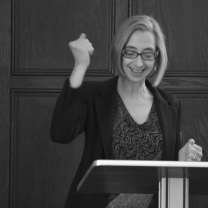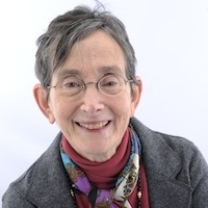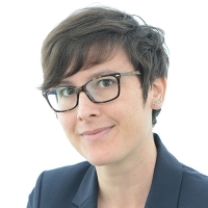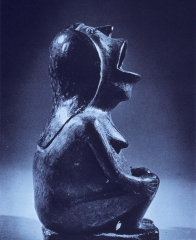 / MacFarquhar in Guatemala
Subscribe
/ MacFarquhar in Guatemala
Subscribe
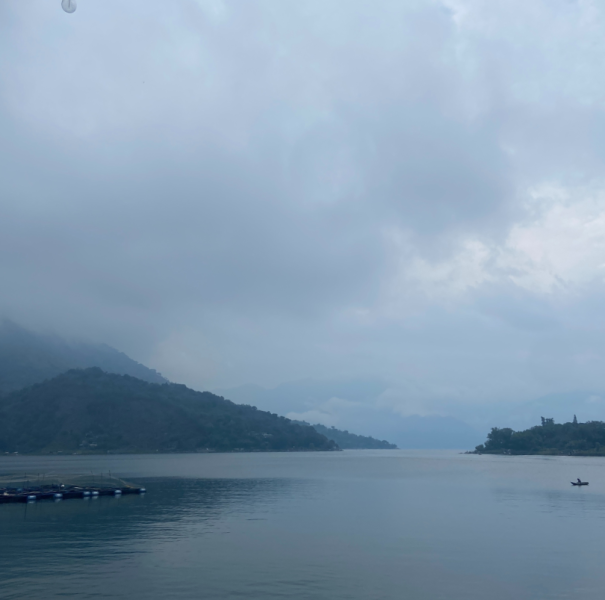
Initially, I imagined myself writing about the low percentage of women in Guatemala’s formal workforce, a stat I had seen in international reports and policy papers. Once I arrived, it became immediately clear that the numbers left out the full story. Behind the statistics lay complex truths that challenged how “work” is defined, and it was in the daily lives of women that I realized a more complete picture.
Everywhere I turned, women were working. Some were selling fresh tortillas on street corners, and others were embroiderers recreating centuries old indigenous artwork alongside Santiago's Lake. These women were integral to their communities’ economies, but in ways that the official labor market fails to measure or value.
This discovery was exhilarating, but it also revealed difficult realities. Informal work, while creative and entrepreneurial, is precarious. Income fluctuates from day to day, and there are few safety nets to protect women when illness, family emergencies, or outside threats disrupt their livelihoods. Many of the women I spoke with described not only the economic challenges of relying on informal labor but also the vulnerability of being exposed to harassment, theft, or unfair treatment with little recourse. The resilience I witnessed was inspiring, but it was also paired with severe sadness. One of the pieces I wrote, now awaiting publication, explores these tensions in depth.
Additionally, I explored other topics, including local perspectives on unions/syndications. Where rather than being embraced as vehicles for solidarity, many Guatemalans expressed fear of unions, recalling histories of repression and violence against labor organizers. Listening to these stories reminded me that context is everything; concepts celebrated in one country can carry very different connotations in another.
Intertwining these discoveries was a deeply personal journey. My mother is from Guatemala, but I had never visited before this internship. Being able to reconnect with my generational land brought both joy and heaviness.
On some days, I embraced the opportunities to taste foods my mother had described in childhood stories, walking streets lined with vibrant markets, and feeling the rhythm of a place that I had always lived in my imagination. While, on others, I was confronted with the harsh inequalities that mark daily life. For example, frequently losing power and water in my majority indigenous area - Santiago, Lake Atitlan - was common. Meanwhile, tourist zones around Lake Atitlán seemed insulated, their infrastructure intact even during shortages. These disparities revealed the weight of structural inequities that Guatemalans navigate every day.
Despite the challenges I witnessed, I left Guatemala feeling grateful and inspired. The internship was not just an academic or professional experience - it was a life-altering experience. It reaffirmed my commitment to international investigative journalism and gave me the confidence to see it not as a distant dream, but as a realistic and vital career path. As I return to campus as a rising senior, I feel a renewed drive to write more and to give myself permission to explore stories wherever they appear.

